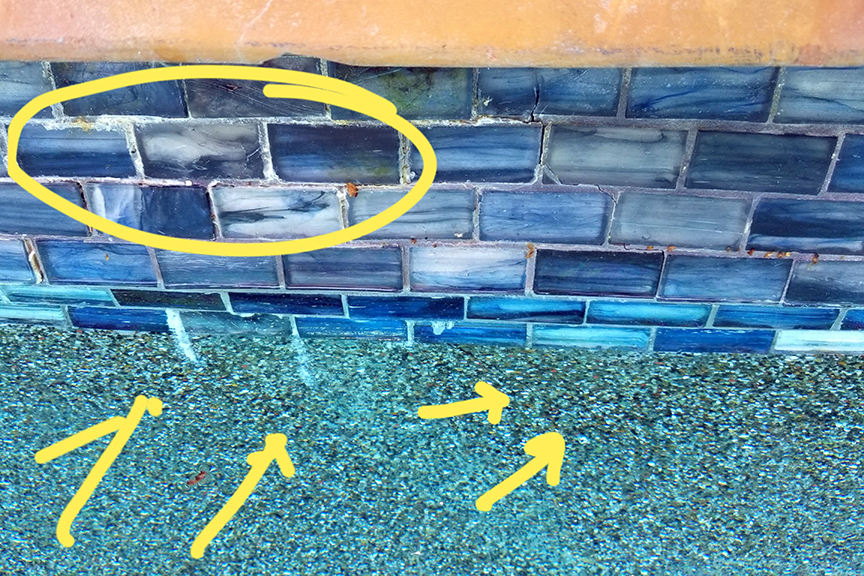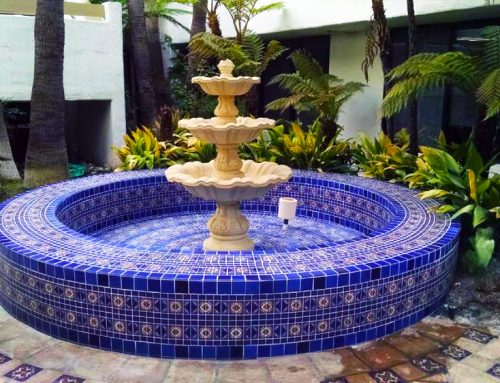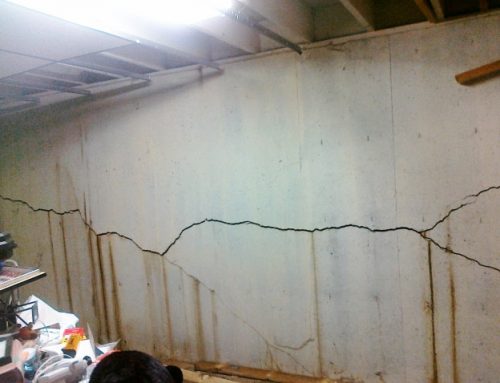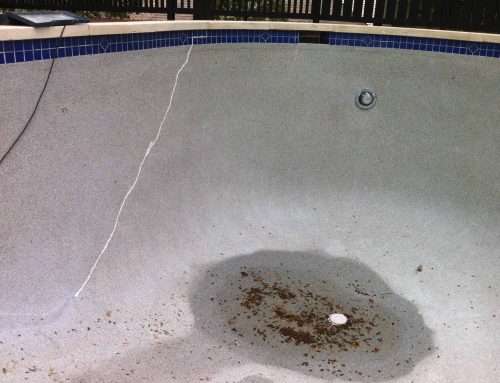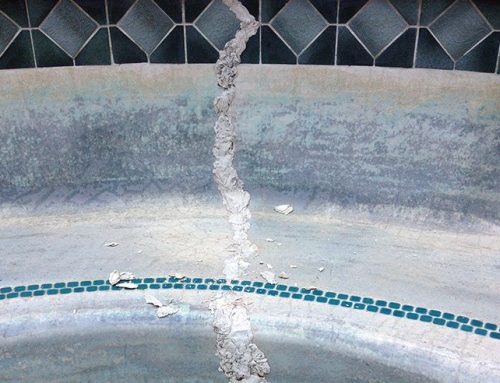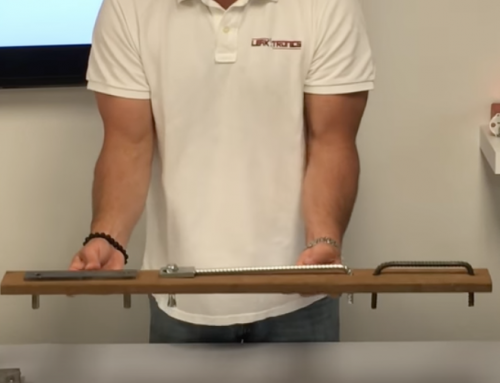You get to your pool and expect to see the splendor and joy of crystal clear pool water and a relaxing afternoon and instead, you see pool cracks and ask, “Why did my pool crack?” and “Is the crack dangerous?” or “Will it cause a pool leak?”
Well, the first thing you’ll want to do is get a pool inspection, or at least a leak detection to see if the crack is siphoning water out of the pool.
Gunite swimming pools have a shell constructed of a concrete mixture, making it extremely durable. Cracks in a gunite pool may be superficial, meaning they’re only in the pool plaster. These cracks are on the surface and not part of the actual pool shell and aren’t an issue when it comes to leaks, but they could be a sign of something worse.
Now, a structural crack in your swimming pool is a serious issue and should be dealt with quickly. By ignoring structural cracks, you can almost count on having a leaking pool, damage to your landscape, the structure of the pool permanently and even the potential to damage nearby buildings. Leaking swimming pools can lead to costly repairs, pool destruction and removal and a lot of expensive headaches. Get the crack examined by a professional as soon as possible. it is preferable, for the total solution to structural crack repair, that you find someone who installs, or can install, Torque Lock Structural Staples.
Causes of a Cracked Swimming Pool
A common cause with pool cracks is from too-thin gunite used during the installation process. During the construction process, the gunite might not adhere properly to the steel framework. When this occurs, the gunite “rebounds,” or bounces back after application. Rebound gunite should be removed and thrown away. Some unprofessional pool contractors will instead pack it back in and continue building the gunite pool shell. Rebound gunite is very weak and it lacks the structural integrity of regular gunite. It’s more susceptible to cracks.
Another cause for a gunite pool crack involves the soil present in the pool area. When a pool contractor installs the pool, they must first dig a hole. Before the gunite pool can be built properly, the soil must be compacted to be even and smooth. This will present a good foundation for the gunite pool to sit. Un-compacted soil underneath the pool shell may cause the pool to shift, sag, and even crack as the soil moves over time. Even the smallest soil movement will make a pool shell prone to cracking. Afterwards we install a 8 inch thick stone bed to create the ideal swimming pool foundation.
Poor Pool Design and Installation
Swimming pool design should always be performed by experienced and professional pool engineers to ensure that the pool’s design is structurally sound. When a pool is installed without proper design and engineering, it runs the risk of cracking, among other potential issues. Poor deck design, improper landscape preparation, badly shot gunite – all of these are reasons your pool is going to crack.
Repairing Your Concrete Pool
Swimming pool repair isn’t an easy process, and should never be performed using re-bar or epoxies as a solution to the cracking. A crack needs a controlled compression to be stabilized, and the only patented product that provides that in the entire industry, is Torque Lock Structural Staples. Any band-aid repairs made by a pool owner with simply exacerbate the situation. When you spot a crack in your gunite pool, you need to contact a pool repair service for help immediately. Call Torque Lock for assistance or recommendations on how to get Torque Lock Staples for your contractor or to find a contractor who can assist you in permanently repairing you pool.
Call 818-436-2953 today.

